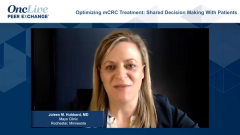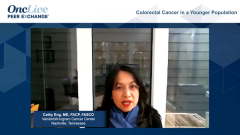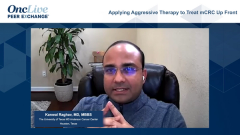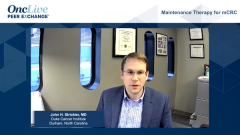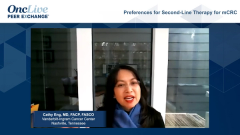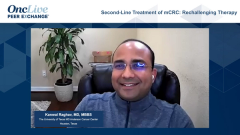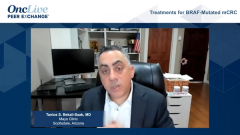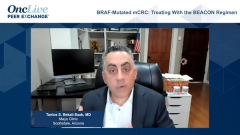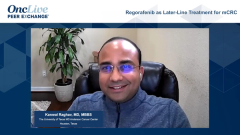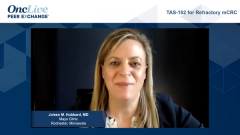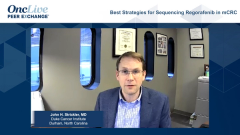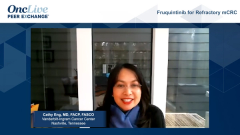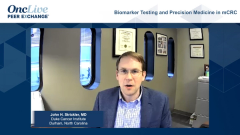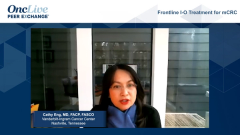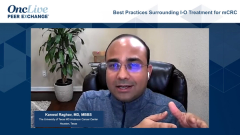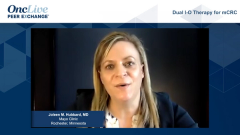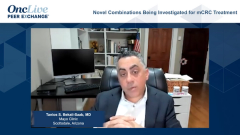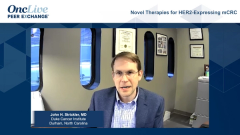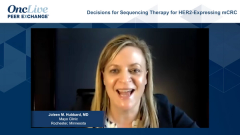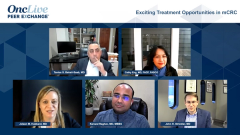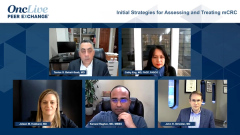
Colorectal Cancer in a Younger Population
Cathy Eng, MD, FACP, FASCO, of Vanderbilt-Ingram Cancer Center reacts to the increasing rate of colorectal cancer among the younger population and highlights topics that apply specifically to counseling younger patients.
Episodes in this series

Tanjos S. Bekaii-Saab, MD: Dr Eng has near and dear to her heart a subject that’s becoming a tragedy in cancer overall but more so in colorectal cancer than any other cancer: seeing these incredibly young patients presenting with colon cancer. It’s becoming very difficult to understand why. Can you discuss what is going on with this? What’s happening in our world of colorectal cancer?
Cathy Eng, MD, FACP, FASCO: I wish we knew the exact etiology to account for this, but the data estimate a 90% to 124% increased risk of colorectal cancer vs 2010. Many individuals, like me, are trying to investigate what’s to account for this. There are multiple factors that people are looking at that have been reported, but there are a lot more data that we need to determine.
It’s important that these patients are recognized. It’s wonderful that the screening rate has been reduced to 45 years old, but that’s not going to help our very young patients. I want to remind people that for the majority of these patients, it’s just sporadic colorectal cancer. These are not inherited forms of colorectal cancer. Many of these patients have had symptoms, if you ask, going back 6 months to 2 years ago, where they noted a change in bowel habits. Some may have gone to the primary care doctor, but then their primary care doctor thought that they looked too well so there was no way they had colorectal cancer. And they’re often misdiagnosed, or often the patients themselves attribute it to hemorrhoids or some other IBD [inflammatory bowel disease] etiology to account for it.
Many of us are trying to determine why this is happening, but it is alarming and concerning. March is colorectal cancer awareness month. These young adults need multiple support factors, and you need to inquire about fertility before starting therapies as well as life planning and advanced directives, because many of them present with stage IV disease. You need to talk to them about what their job is, job security, financial security, etc. Always refer them to genetics when appropriate because many of them actually may have had some family history. They just didn’t know about it until they were diagnosed.
I do want to highlight we do have a young adult cancer program at Vanderbilt-Ingram Cancer Center. I’m delighted to serve as the director for that.
Transcript Edited for Clarity


